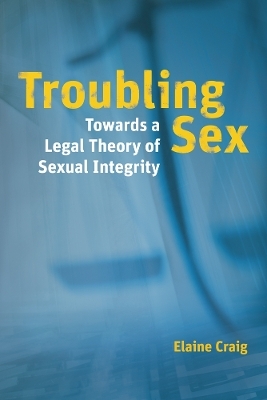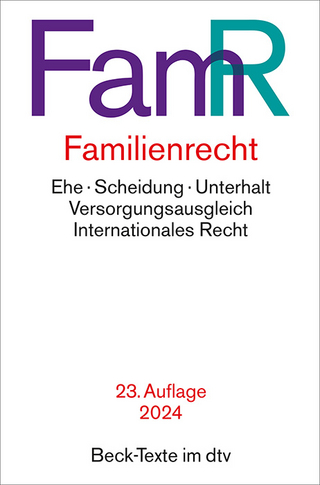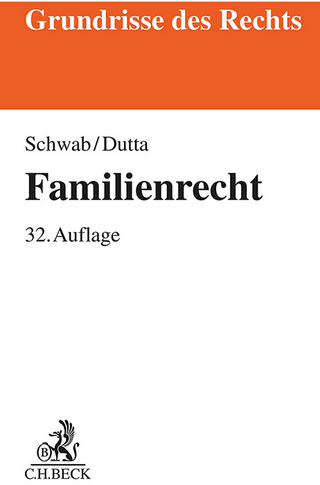
Troubling Sex
Towards a Legal Theory of Sexual Integrity
Seiten
2011
University of British Columbia Press (Verlag)
978-0-7748-2180-3 (ISBN)
University of British Columbia Press (Verlag)
978-0-7748-2180-3 (ISBN)
Focusing on the Supreme Court of Canada, Craig attempts to overcome the constraints of theoretical frameworks and disciplinary boundaries by pursuing a more inclusive theory of law and sexuality.
When legal scholars or judges approach the subject of sexuality, they are often constrained by existing theoretical frameworks. For instance, queer theorists typically focus on sexual liberty but tend not to consider issues such as sexual violence. Feminist theories focus on violence but often don’t give recognition to the joy of sexuality.
To assess the possibility of devising a legal theory of sexuality that can ensure equality without assimilation, diversity without exclusion, and liberty without suffering, Elaine Craig examines the Supreme Court of Canada’s approach to sexuality in cases that range from sexual violence to discrimination based on orientation. Although the Court continues to hold an essentialist understanding of sexuality that renders certain harms invisible, its feminist-inspired approach to sexual violence recognizes the socially constructed nature of sexuality and produces legal reasoning that promotes sexual integrity as a common interest.
Blending feminist theory with the inclusiveness of queer theory, Craig advances an iconoclastic approach to law and sexuality that has the power to transform both theory and practice.
When legal scholars or judges approach the subject of sexuality, they are often constrained by existing theoretical frameworks. For instance, queer theorists typically focus on sexual liberty but tend not to consider issues such as sexual violence. Feminist theories focus on violence but often don’t give recognition to the joy of sexuality.
To assess the possibility of devising a legal theory of sexuality that can ensure equality without assimilation, diversity without exclusion, and liberty without suffering, Elaine Craig examines the Supreme Court of Canada’s approach to sexuality in cases that range from sexual violence to discrimination based on orientation. Although the Court continues to hold an essentialist understanding of sexuality that renders certain harms invisible, its feminist-inspired approach to sexual violence recognizes the socially constructed nature of sexuality and produces legal reasoning that promotes sexual integrity as a common interest.
Blending feminist theory with the inclusiveness of queer theory, Craig advances an iconoclastic approach to law and sexuality that has the power to transform both theory and practice.
Elaine Craig is an assistant professor in the Schulich School of Law at Dalhousie University.
Introduction
1 Essentialism and Constructivism in Law
2 Legal Conceptions of Sexual Nature and Natural Sex
3 Natural Categories and Non-Categorical Approaches to Law and Sexuality
4 Socially Constructed Conceptions of Sexual Violence
5 A Moral Shift
6 Some Subjective Truths About the Objective Truth of Sex
7 Trouble Ahead: An Iconoclastic Approach to Sexual Integrity in the Law
Notes
Bibliography
Index
| Reihe/Serie | Law and Society |
|---|---|
| Verlagsort | Vancouver |
| Sprache | englisch |
| Maße | 152 x 229 mm |
| Gewicht | 460 g |
| Themenwelt | Recht / Steuern ► EU / Internationales Recht |
| Recht / Steuern ► Privatrecht / Bürgerliches Recht ► Familienrecht | |
| Sozialwissenschaften ► Soziologie | |
| ISBN-10 | 0-7748-2180-9 / 0774821809 |
| ISBN-13 | 978-0-7748-2180-3 / 9780774821803 |
| Zustand | Neuware |
| Haben Sie eine Frage zum Produkt? |
Mehr entdecken
aus dem Bereich
aus dem Bereich
Ehe, Scheidung, Unterhalt, Versorgungsausgleich, Internationales …
Buch | Softcover (2024)
dtv Verlagsgesellschaft
18,90 €


